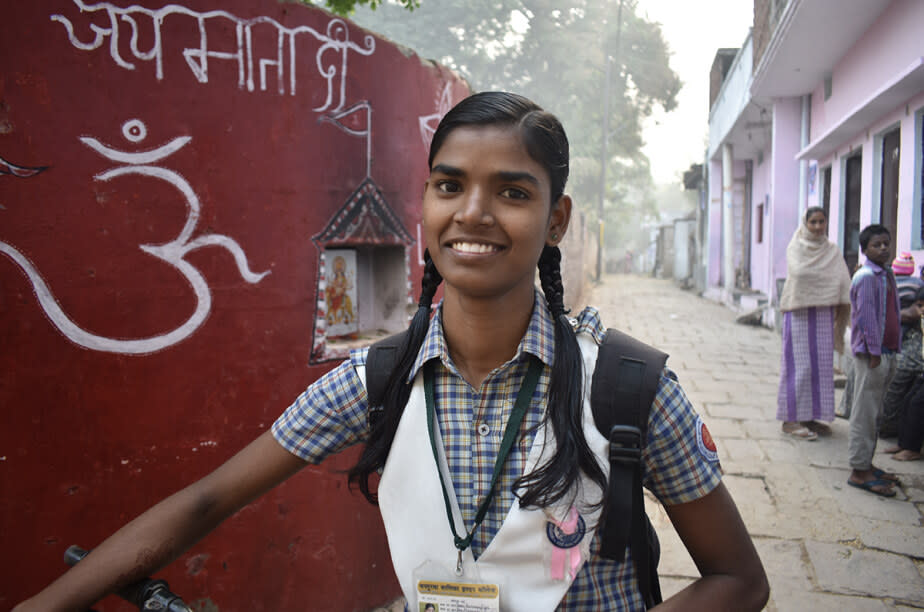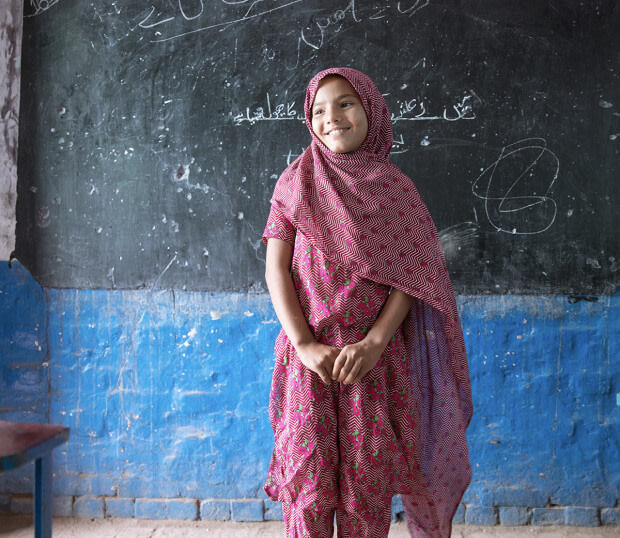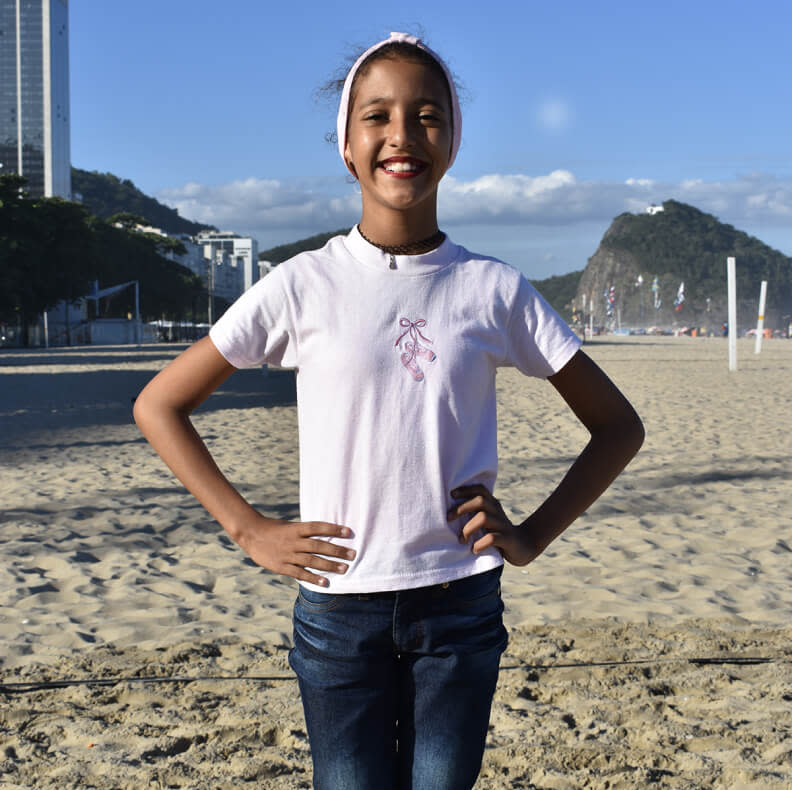Media Kit
An overview of Malala Fund's work, long-form biographies of our leadership and more.
An overview of Malala Fund's work, long-form biographies of our leadership and more.
Our mission
Malala Fund works to ensure all girls can access and complete 12 years of education.
Malala Fund believes that local advocates who understand their communities are best placed to lead solutions to their challenges. Through our Education Champion Network, we invest in civil society organisations to advocate for policies that ensure girls can access and complete school in places where they face the greatest education barriers. We aim to allocate at least 20% of our grants to organisations led by girls or young women.
In crises, we act swiftly to protect girls’ right to education by mobilising grants to organisations that keep girls learning and prevent them from dropping out.
Girls deserve more than promises for their education — they deserve action. Malala Fund advocates for bold policies and increased education funding to ensure every girl can access and complete school. Our global advocacy confronts two critical challenges to girls’ education: rollbacks in gender equality and girls’ rights, especially in Afghanistan, and unjust global financing systems that restrict lower-income countries’ ability to invest in their education systems.
In Nigeria and Pakistan, we advocate directly alongside grantee partners to ensure policies and government budgets enable more girls to access and complete secondary school.



Every child has a right to education. All girls — regardless of income level, social status, race or cultural background — have a right to learn on equal terms with boys including access to quality teachers, curriculums and learning materials.
Quality education challenges gender beliefs and discrimination and increases girls’ ability to choose their futures. When they can fully participate in society, politics and the economy, educated girls and women reshape gender roles and advocate for their own rights.
Educated women provide vital skills and knowledge to the workforce, driving economic growth and innovation. Women with secondary education earn almost twice as much as women with no education. When women earn more, they uplift their families and contribute to national economies.
Education equips girls with the know-how to help communities adapt to and mitigate the effects of climate change. In countries that invest in girls’ education, significantly less people die from droughts and floods than in countries with lower levels of girls’ education.
When girls are educated, communities experience less maternal and child deaths and malnutrition. Girls are better equipped to make health care decisions for themselves and their families and are more likely to identify needed improvements to public services in their communities.
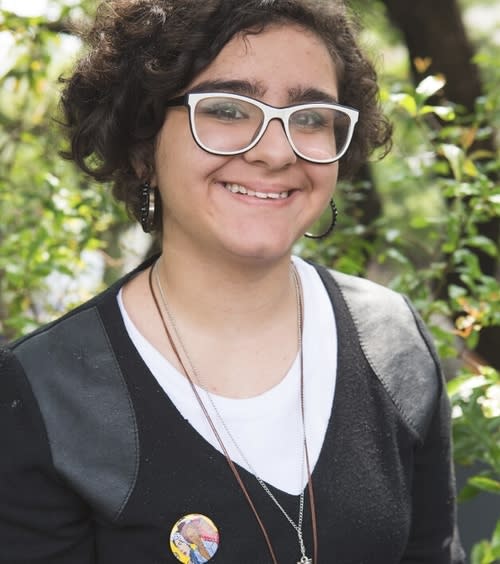
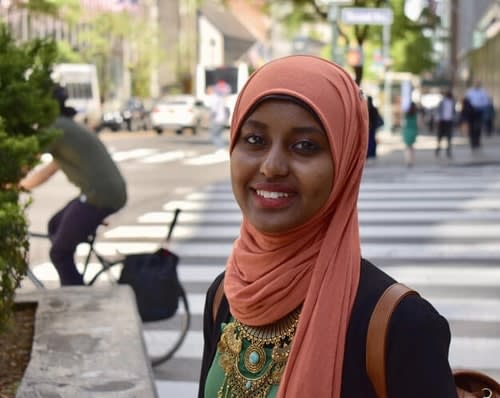
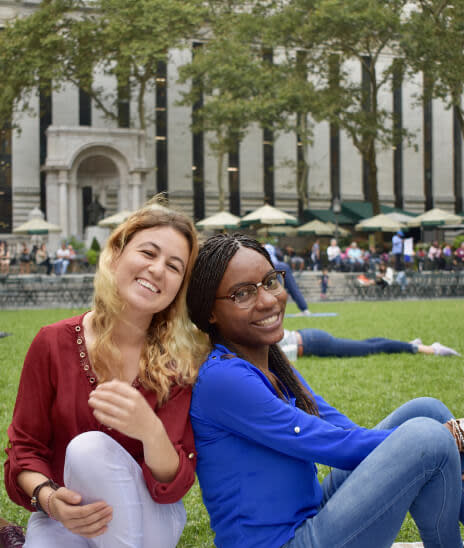
Malala Yousafzai is co-founder and executive chair of Malala Fund. Malala began her campaign for education at age 11 when she anonymously blogged for the BBC about life under the Taliban in Pakistan’s Swat Valley. Inspired by her father’s activism, Malala soon began advocating publicly for girls’ education — attracting international media attention and awards. At age 15, she was attacked by the Taliban for speaking out. Malala recovered in the U.K. and continued her fight for girls. In 2013 she co-founded Malala Fund with her father, Ziauddin. A year later, Malala received the Nobel Peace Prize in recognition of her efforts to see every girl complete 12 years of education.
Malala is a graduate of Oxford University with a degree in Philosophy, Politics, and Economics.

Ziauddin Yousafzai is a co-founder and board member of Malala Fund and Malala’s father. For many years, Ziauddin served as a teacher and school administrator in his home country of Pakistan.
When the Taliban invaded their home in Swat Valley, Ziauddin peacefully resisted their efforts to limit personal freedoms. Speaking out put Ziauddin at risk, but he feared remaining silent would be far worse. Inspired by her father’s example, Malala began publicly campaigning for girls to go to school.
In October 2009, The New York Times filmed a short documentary about Ziauddin and Malala’s fight to protect girls’ education in Swat. Due to her increased prominence, Malala was shot in the head by the Taliban two years later. Malala survived and was transported to the U.K.for treatment. Ziauddin, his wife Toor Pekai and their two sons joined Malala in Birmingham.
Determined to continue their campaign, Ziauddin and Malala founded Malala Fund in 2013. Together they work to ensure all girls can access and complete 12 years of education.

Malala Fund
P.O. Box 73767
Washington, D.C. 20056
